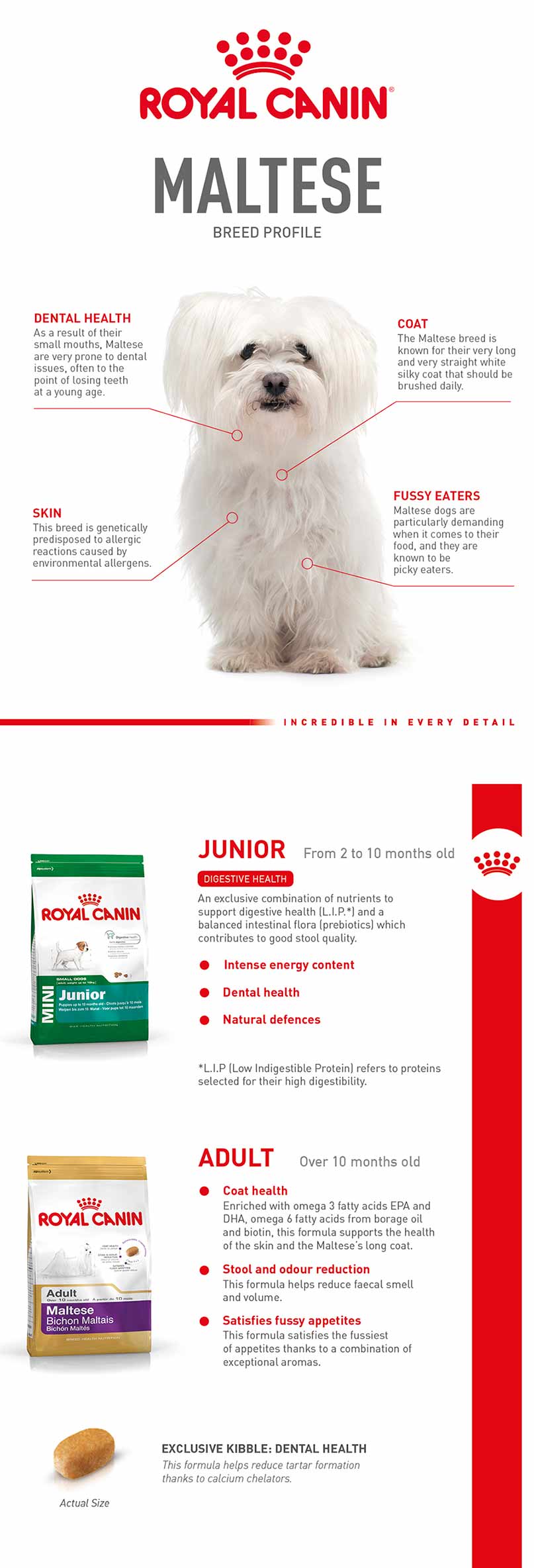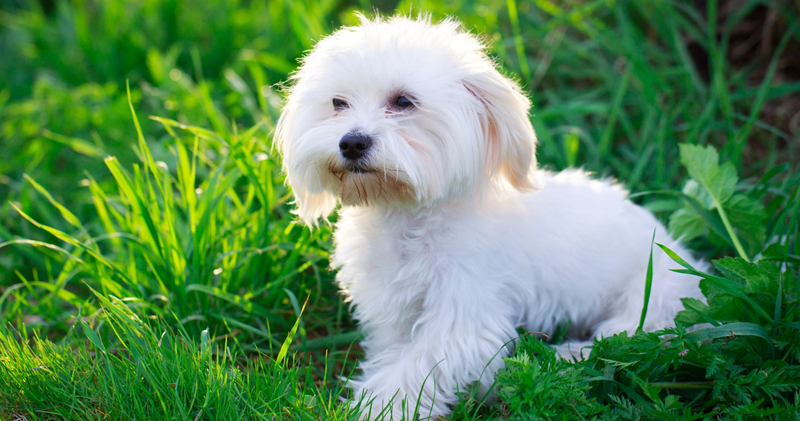Did you know that Maltese dogs are known for being extremely picky eaters? Despite their small size, these adorable pups can be quite the challenge when it comes to mealtime.
Maltese dogs have a long history dating back to ancient Greece, where they were prized as companions of royalty. Over the years, their food preferences have been shaped by their pampered lifestyle. Being the center of attention, Maltese dogs are often spoiled with a variety of gourmet choices, leading to their selective nature when it comes to eating. In fact, studies have shown that Maltese dogs are more likely to reject a new brand of food compared to other dog breeds. To tackle this issue, vets often recommend introducing a variety of textures and flavors early on to encourage a less finicky appetite and ensure a well-balanced diet for these precious canines.

Why Are Maltese Picky Eaters?
When it comes to mealtime, Maltese dogs can be notoriously picky eaters. This can be frustrating for pet owners who want to ensure their furry friends are getting the proper nutrition they need. In this article, we will delve into the reasons why Maltese dogs are often picky eaters and discuss some tips and strategies to help overcome this challenge.
The Influence of Genetics
One of the primary factors contributing to the picky eating habits of Maltese dogs is their genetic predisposition. The Maltese breed is known for having a delicate and discerning palate, which can make them more selective when it comes to their food choices. This preference for certain flavors and textures can sometimes result in finicky eating habits.
Additionally, the size and structure of their jaws and teeth might also play a role in their eating preferences. Maltese dogs have small mouths and fragile teeth, so they may struggle with certain types of food that are too hard or require excessive chewing.
It’s important to keep in mind that while genetics do contribute to picky eating tendencies, they don’t determine a dog’s behavior entirely. Environmental factors and training can also influence their eating habits.
The Impact of Environment on Eating Habits
Another reason why Maltese dogs may be picky eaters is the role of their environment. Dogs, like humans, are creatures of habit and can form certain preferences based on their experiences. If a Maltese dog has been consistently offered high-value treats or table scraps, they may develop a preference for these types of foods and become resistant to eating their regular dog food.
Additionally, if a dog has had negative experiences with certain types of food, such as getting sick after eating a particular brand or flavor, they may develop aversions and avoid those foods in the future.
Furthermore, the feeding routine and environment can impact a Maltese dog’s eating habits. If meals are consistently offered at irregular times, in distracting locations, or alongside other dogs, it can disrupt their eating routine and decrease their interest in food.
Tips to Encourage Healthy Eating
While picky eating habits can be challenging, there are several strategies that can help encourage healthy eating in Maltese dogs:
- Stick to a consistent feeding schedule and avoid free-feeding. This helps establish a routine and prevents overindulgence.
- Choose high-quality, nutritious dog food that meets the specific needs of Maltese dogs. Consult with a veterinarian to ensure you are providing the best diet for your furry friend.
- Mix in small portions of wet food or incorporate tasty toppers to enhance the flavor and appeal of their meals.
- Avoid feeding your Maltese table scraps or human food as this can reinforce their picky eating habits.
- Gradually introduce new foods and flavors, offering them alongside familiar foods to ease any aversions and expand their palate.
- Make mealtime a positive and calm experience by creating a quiet and designated eating area for your Maltese.
- Use positive reinforcement and rewards to encourage your Maltese to eat their food. This can include verbal praise, gentle petting, or small training treats.
The Importance of Patience
If your Maltese dog is a picky eater, it’s essential to approach the issue with patience and understanding. Remember that forcing or pressuring your dog to eat can create stress and further reinforce their picky eating habits.
It’s always a good idea to consult with a veterinarian if your Maltese consistently refuses to eat or experiences a significant decrease in appetite, as it could be a sign of an underlying health issue.
By understanding the genetic and environmental factors that contribute to picky eating habits in Maltese dogs, and implementing the tips and strategies discussed, you can help ensure your furry friend receives the necessary nutrition and cultivate healthier eating habits.
Why are Maltese picky eaters?
- Maltese dogs have a sensitive palate and may prefer certain flavors.
- They may have a smaller appetite due to their tiny size.
- An inconsistent feeding routine can contribute to picky eating habits.
- Maltese dogs may be selective if they have been spoiled with treats or table scraps.
- Some Maltese dogs may simply have individual preferences when it comes to food.
Frequently Asked Questions
Welcome to our FAQ section on why Maltese dogs are often picky eaters. This small breed of toy dog is known for its discerning taste buds and selective eating habits. If you own a Maltese and have questions about their eating behavior, you’ve come to the right place. Below, we have answered some of the most commonly asked questions on this topic.
1. How can I encourage my Maltese to eat when they are being picky?
When dealing with a picky Maltese eater, it’s important to remember that forcing or punishing them will only worsen the situation. Instead, try offering a variety of high-quality, nutritious foods to cater to their preferences. Experiment with different flavors, textures, and temperatures to entice your Maltese to eat. Additionally, establish a consistent feeding schedule, and avoid leaving food out for extended periods. Consulting with your veterinarian can also help rule out any underlying health issues.
Remember, positive reinforcement works wonders with picky eaters. Praise and reward your Maltese when they eat well to encourage their good behavior. And most importantly, be patient and understanding throughout the process. It may take time for your Maltese to adjust and develop healthier eating habits.
2. Should I be concerned if my Maltese is a picky eater?
In general, being a picky eater is quite common among Maltese dogs and many other toy breeds. However, if your Maltese is losing a significant amount of weight, showing signs of poor health, or experiencing digestive issues, it is important to consult with your veterinarian. These symptoms may indicate an underlying health problem that needs further investigation. Otherwise, as long as your Maltese maintains a healthy weight and displays normal energy levels, their picky eating behavior may simply be a characteristic of their breed.
It’s worth noting that while picky eating is common among Maltese dogs, it is essential to provide them with a balanced and nutritious diet. Consult your veterinarian for guidance on the appropriate diet for your Maltese, and consider adding supplements or moistening their food to enhance its palatability.
3. Can training and socialization help improve my Maltese’s picky eating habits?
Yes, training and socialization can play a role in improving your Maltese’s picky eating habits. By exposing your dog to various foods, flavors, and textures early on, you can help them become more accepting of different options. Socializing your Maltese with other dogs who have healthy eating habits may also positively influence their own behavior. Additionally, consistent training can help establish mealtime routines and reinforce positive feeding behaviors.
However, it is important to note that every dog is different, and some Maltese dogs may remain picky eaters despite training and socialization efforts. In such cases, it’s essential to focus on providing a balanced and nutritious diet that meets their specific needs, irrespective of their picky eating tendencies.
4. Are there any specific foods that Maltese dogs tend to prefer?
While preferences can vary among individual Maltese dogs, some food options tend to be more appealing to this breed. Maltese dogs often prefer food with a strong aroma, as their sense of smell is highly developed. Incorporating lean meats, such as chicken or turkey, and adding it to their food can enhance its taste and texture. Some Maltese also enjoy fruits like apples or berries as treats. However, it is essential to ensure these foods are safe for them and don’t contain any harmful ingredients – always consult with your veterinarian.
Ultimately, the key is to find the right balance between meeting your Maltese’s nutritional needs and catering to their preferences. Consulting with your veterinarian can provide valuable guidance on suitable food options that can encourage your Maltese to eat a balanced diet.
5. Can anxiety or stress contribute to a Maltese being a picky eater?
Yes, anxiety or stress can contribute to a Maltese being a picky eater. Just like humans, dogs can experience emotional and psychological factors that affect their appetite. Changes in their environment, separation anxiety, or previous negative associations with food can all contribute to picky eating habits. It’s important to create a calm and stress-free feeding environment, away from loud noises or distractions. Additionally, providing mental stimulation through puzzle toys or interactive feeding methods can help reduce anxiety and make mealtime more enjoyable for your Maltese.
If you suspect that anxiety or stress may be contributing to your Maltese’s picky eating habits, it’s advisable to consult with a professional, such as a veterinarian or animal behaviorist. They can provide guidance on behavior modification techniques or recommend appropriate calming aids to alleviate anxiety and promote healthier eating habits.

Summary
Maltese dogs can be picky eaters for various reasons. It could be due to their small size, sensitive stomachs, or simply being spoiled by their owners. It’s important to understand their individual needs and offer a balanced diet to keep them healthy. Patience and consistency are key when it comes to encouraging them to try new foods. Providing a variety of options and avoiding excessive treats can help them develop better eating habits. Remember, each Maltese is unique, so what works for one may not work for another. Understanding their preferences and finding the right approach can help ensure they have a well-balanced diet.
In conclusion, while Maltese dogs may be picky eaters, with the right care and attention, it’s possible to overcome this challenge. By understanding their needs, offering a balanced diet, and being patient, Maltese owners can help their furry friends develop healthy eating habits. Remember, a happy and healthy Maltese is worth the effort!
